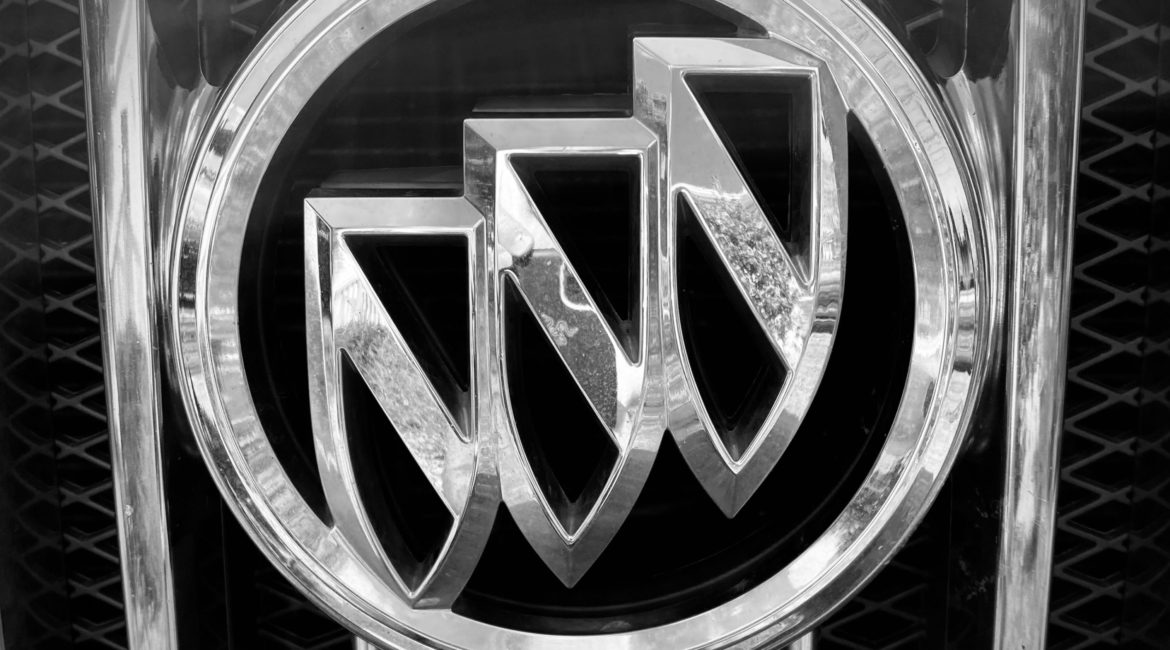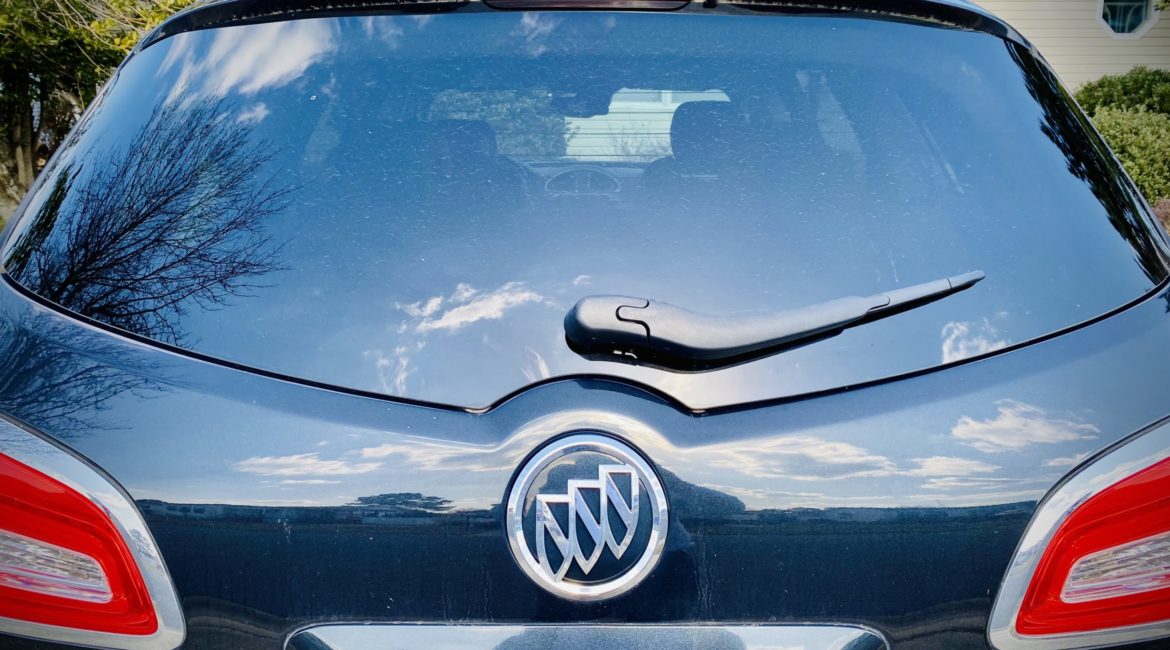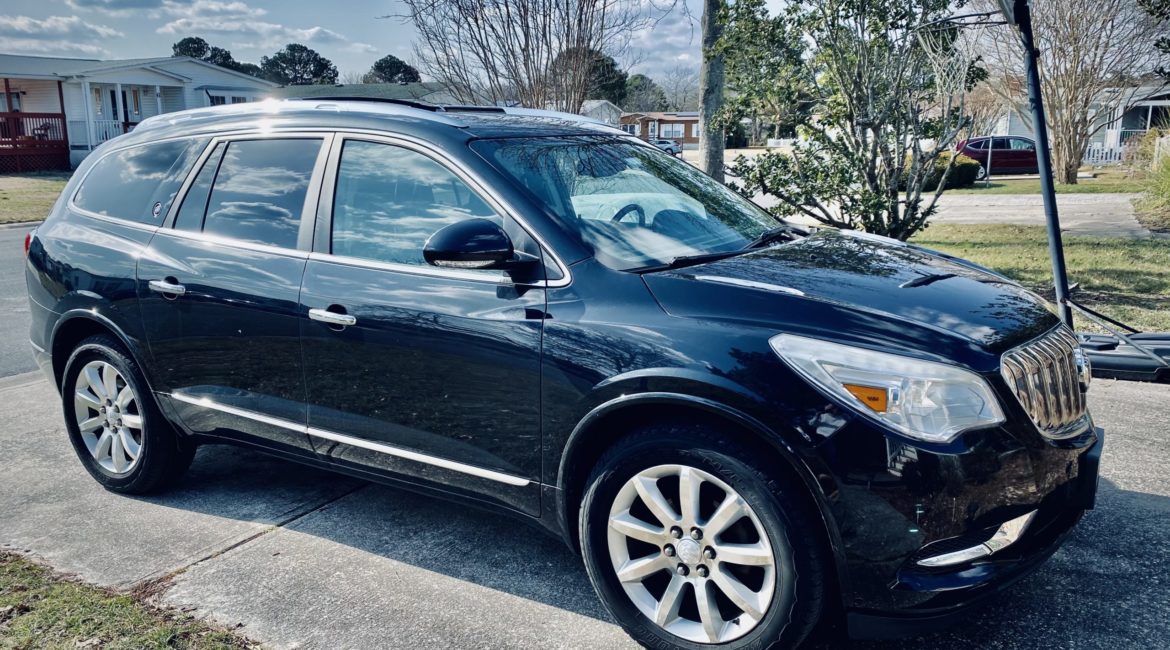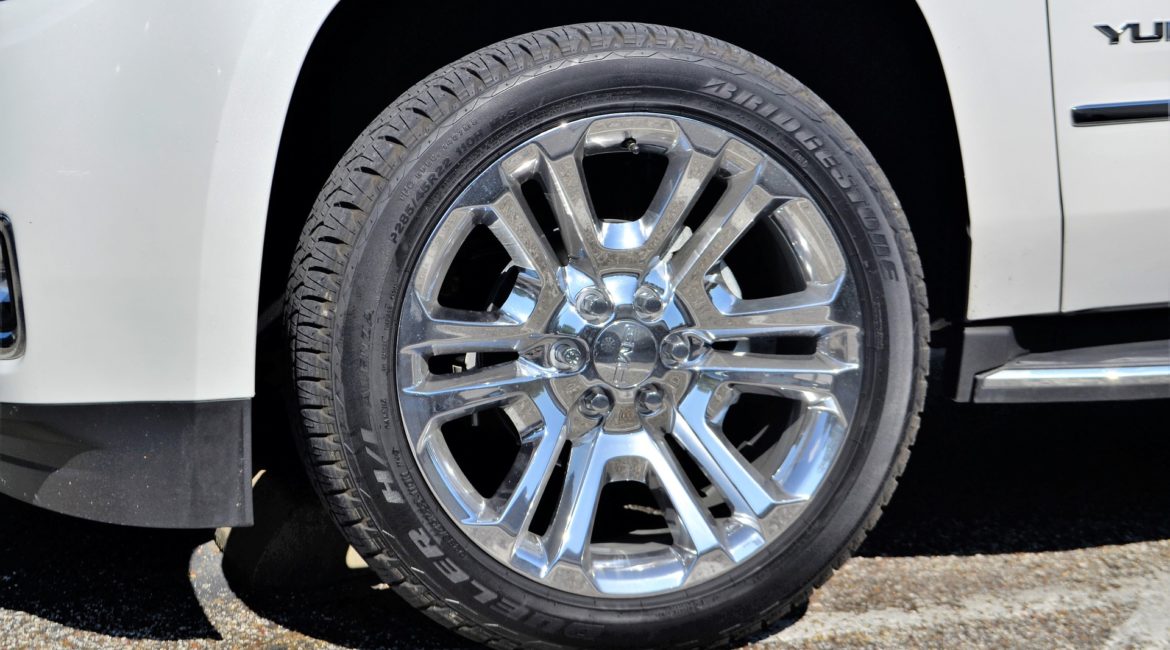The right replacement parts can make all the difference. Nearly every car manufacturer releases “Position Statements” that instruct body shops in how to perform repairs on their vehicles to the highest standard. While all body shops should have access to this vital information, not all shops take the time to...
Auto Body Repair Facts
Why GM Rejects Reconditioned Wheels and How This Affects Your Chevrolet Repair
Wheel reconditioning is never a good idea in collision repair. Nearly every car manufacturer releases Position Statements explaining what methods of auto body repair they do or do not recommend. While some shops disregard these statements, we take a fine-tooth comb to the information they provide so that we can...
GM Says It’s Dangerous to Use Salvage Structural Parts on Your Buick—Here’s Why They’re Right
GM wants you to use only the best replacement parts on your Buick. When you take your Buick to a body shop for collision repair, of course you’re going to want the job to be done as safely, efficiently, and cost-effectively as possible. At our shop, one of the ways...
Why It’s Essential That GM Recommends Pre- and Post-Repair Scans for Your Buick
GM wants to make sure that your Buick is repaired thoroughly. If your Buick has been in a collision, there are very specific steps that an auto body shop needs to take in order to optimize your vehicle’s repairs. One of the smartest things that a shop can do is...
Why GM Discourages Reconditioned Wheels and Why That’s Crucial for Your GMC
Reconditioning compromises the structural integrity of your wheels. Nearly every car manufacturer releases Position Statements explaining what methods of auto body repair they do or do not recommend. While some shops disregard these statements, we take a fine-tooth comb to the information they provide so that we can provide the...





